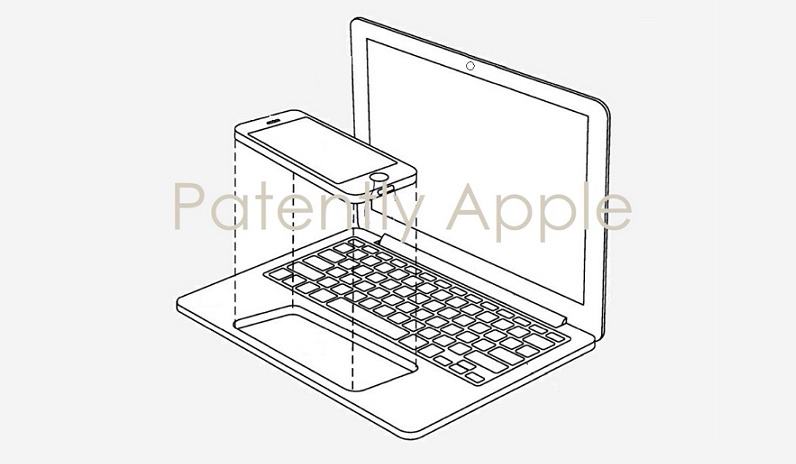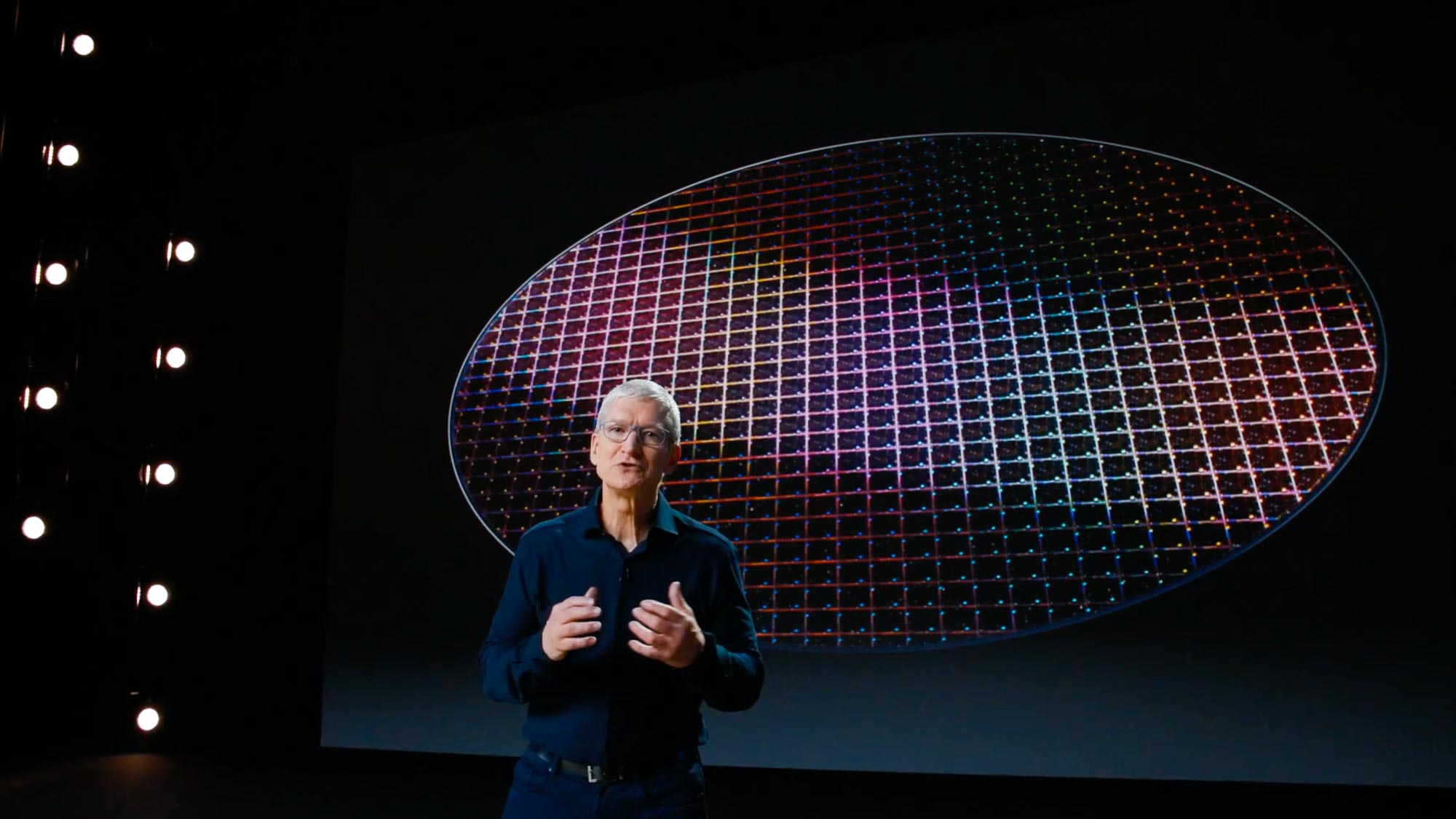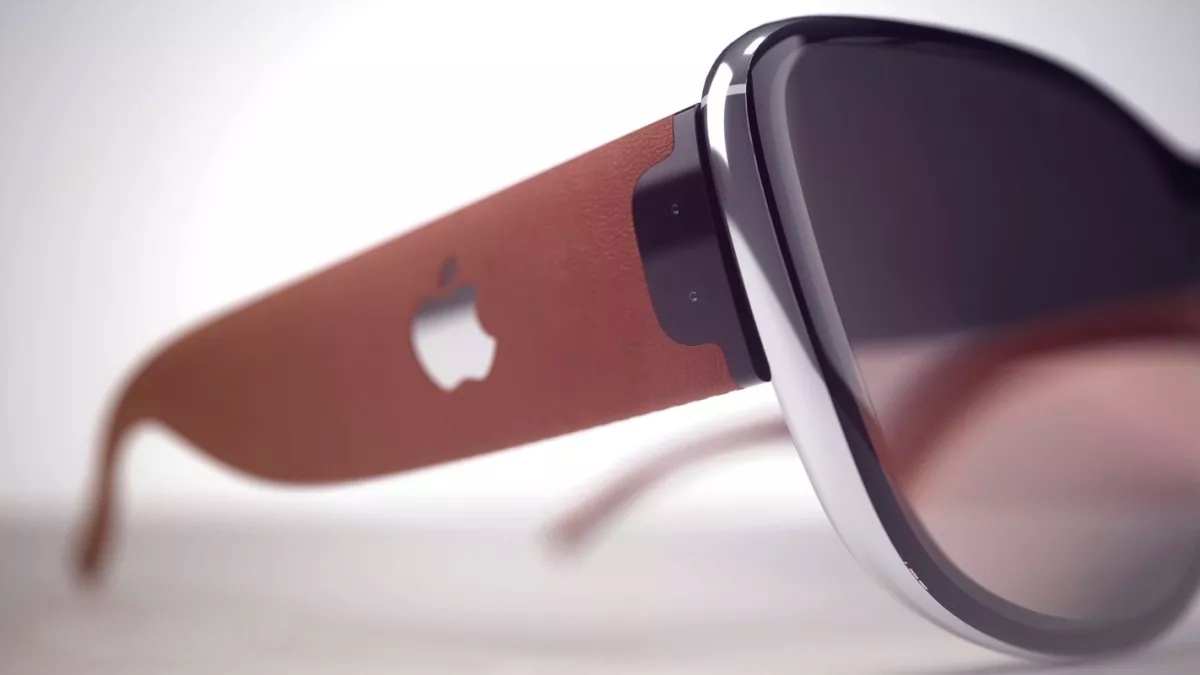iPhone 13 could morph into a MacBook — literally
Bizzare Apple patent shows how future iPhones could power a ‘MacBook Lite’ laptop

Apple could be working on a way to use an iPhone to power a Macbook-like chassis, potentially transforming how people will use Cupertino’s future smartphones, such as the iPhone 13.
A new patent uncovered by Patently Apple shows how an iPhone could be slotted into the trackpad area in a MacBook Pro, and then be used to power a laptop-like shell as well as act as the trackpad. The patent was granted to Apple in September 2018 and the company has applied for it to be continued, which suggests Apple is taking the idea seriously.
- The features and future of MacOS Big Sur
- 4th of July sales: The best deals right now
- Plus: MacBook Pro could get this radical glass keyboard upgrade
Using a smartphone to effectively power a laptop-like accessory is nothing new. We saw gaming hardware firm Razer do something very similar with its Project Linda concept, which was shown off at CES 2018 but has yet to be turned into a retail product.
However, Apple has been positioning its iPad Pro 2020 with its Magic Keyboard accessory as a legitimate replacement to a laptop. So if this patent was made into an actual product, then Apple could risk cannibalizing customers from its iPad range.
Or at least, that would appear to be the case before Apple revealed that its future MacBooks will be powered off custom ARM-based chips at WWDC 2020.
These chips have more in common with mobile chipsets such as the A13 Bionic silicon found in the iPhone 11 and iPhone 11 Pro than they do with traditional CPUs by the likes of Intel and AMD. As such, Apple is looking set to position iOS, iPadOS and macOS closer together at a silicon and architecture level. That means apps developed for macOS could also run on iOS and vice versa without needing forked versions of the software.
All that means that in the near future, an iPhone could effectively run iOS as normal when it’s being used as a smartphone, but then switch to a desktop version when plugged into a laptop accessory. As such, what might have once seemed like an outlandish patent from Apple now seems a lot more legitimate.
Sign up to get the BEST of Tom's Guide direct to your inbox.
Get instant access to breaking news, the hottest reviews, great deals and helpful tips.

While we don't think this will happen in time for the iPhone 12, by the time the iPhone 13 arrives, Apple could have its silicon in place to enable a smartphone to power a laptop-like experience. And by 2021, Cupertino should have a developer ecosystem in place to that ensure there's plenty of apps that work across macOS and iOS.
Having a system that allows an iPhone to pull double duties as both a smartphone and a lightweight laptop could appeal to people who don’t want to fork out on an iPhone and a MacBook Pro. And while such a system might rub shoulders with the iPad Pros, it could offer a larger display and better keyboard experience than Apple's tablets. iPads still need to be compact enough to be used as tables, so they're somewhat constrained at how large and thick they can be.
We’ll have to wait and see what Apple has to showcase at its iPhone 12 launch, which will likely take place in September and should also see the reveal of the Apple Watch 6 and potentially an iMac 2020. That’s when we expect to get a better idea of the iPhone’s future and where its capabilities could go next.
Roland Moore-Colyer a Managing Editor at Tom’s Guide with a focus on news, features and opinion articles. He often writes about gaming, phones, laptops and other bits of hardware; he’s also got an interest in cars. When not at his desk Roland can be found wandering around London, often with a look of curiosity on his face.

